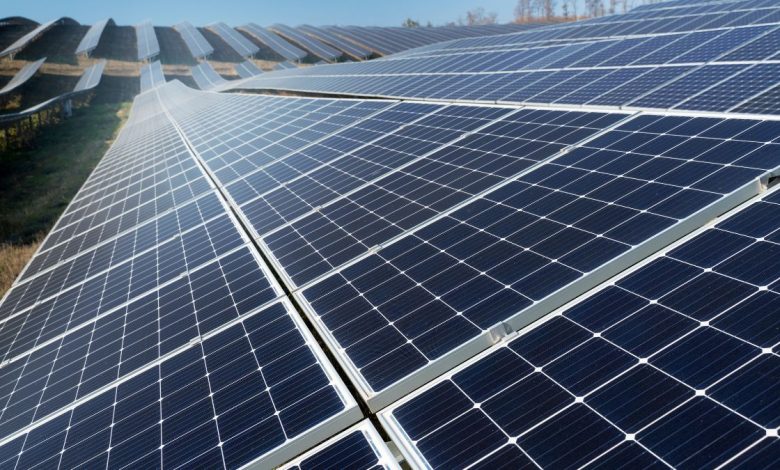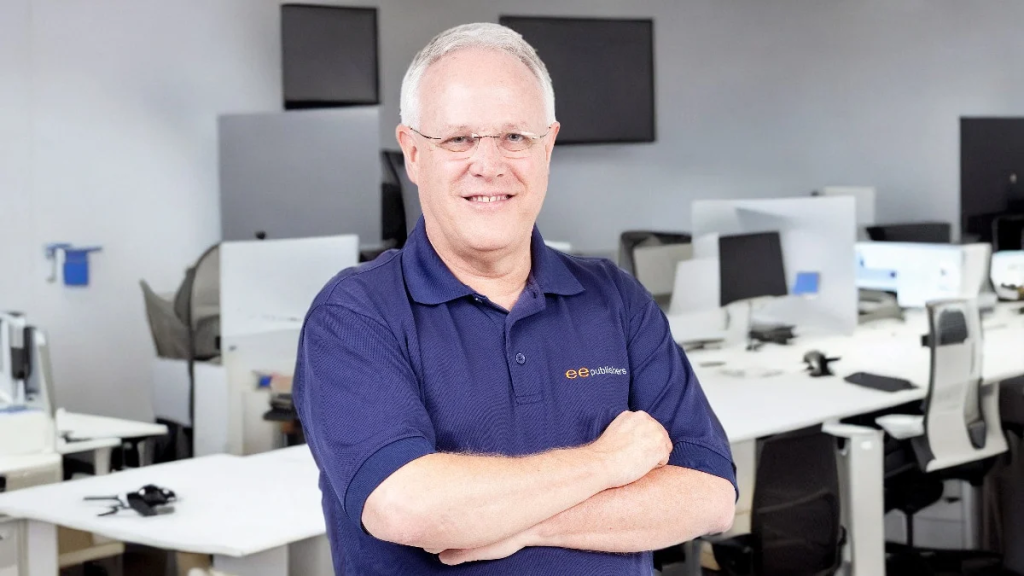Eskom Misleads on Solar Rules: SA Standards Already in Place

In recent months, Eskom has sparked confusion with its controversial small-scale embedded generation (SSEG) registration rules. The power utility has insisted that homeowners with solar systems must register their installations and obtain a compliance report signed off by an electrical engineer registered with the Engineering Council of South Africa (ECSA). However, many industry experts and civil society groups argue that Eskom misleads on solar rules, as South Africa already has the necessary standards in place for grid-tied solar installations.
The Debate: Eskom’s Solar Compliance Rules
Eskom’s push for stricter rules has faced significant backlash. Critics, including the Organisation Undoing Tax Abuse (OUTA) and Afriforum, have questioned the legality of these new requirements. The general consensus in the solar industry is that a simple Certificate of Compliance (CoC) from a registered electrician is sufficient for grid-tied solar systems, and there is no need for additional oversight from an ECSA-registered engineer.
For more details on the latest advice, read the Important Update: OUTA Urges Homeowners to Delay Solar System Registration.
Are Eskom’s Rules Legally Enforceable?
One of the main concerns surrounding Eskom’s new regulations is whether they are legally binding. South Africa’s Electrical Installation Regulations, as stipulated in the Occupational Health and Safety Act, only require that a qualified electrician issue a CoC for the installation of solar systems. Furthermore, the National Rationalised Specifications (NRS) guidelines that Eskom uses are not legally enforceable but rather serve as technical recommendations for utilities and network operators, not homeowners.
Existing National Standards for Solar Installations
Contrary to Eskom’s claims, South Africa already follows internationally accepted standards, such as the IEC 60364-7-712 (SANS 60364-7-712) standard for solar photovoltaic (PV) systems. These standards provide a clear framework for solar installation safety and technical compliance, ensuring grid-tied systems meet necessary safety requirements. Industry professionals argue that these guidelines are more than sufficient for ensuring safe installations.
Eskom’s Argument for Stricter Rules
Eskom justifies its strict requirements by arguing that existing standards, like SANS 10142-1, do not adequately cover grid-tied solar installations. They claim these standards apply to standby systems that operate when the grid is unavailable, not hybrid systems. Eskom has also mentioned that it is awaiting a new version of SANS 10142-1-2 to address these concerns. Experts argue that the South African Bureau of Standards (SABS) abandoned this version, casting doubt on Eskom’s reasoning.
Why Eskom’s Claim Is Misleading

According to Chris Yelland, an energy expert, Eskom’s argument is misleading. He highlights that Eskom is pushing for compliance reports that go beyond what is required by law. Yelland has pointed out that the SANS 10142-1 standard already adequately addresses grid-tied systems. Furthermore, the SANS 60364-7-712 standard, which Eskom has ignored, is already in place to ensure the safe operation of solar systems.
OUTA’s Call for Caution: Delay Registration
OUTA has urged homeowners to hold off on registering their solar systems until the compliance issues with Eskom are resolved. They caution that registering a system prematurely could lead to complications, such as incorrect billing or future penalties. OUTA’s advice is to wait for clearer guidelines before proceeding with the registration process.
Read more about the surge in solar panel imports in Africa’s Imports of Chinese Solar Panels Jumps 60% Due to Renewables Push.
Afriforum’s Stance: No Need for Engineer Sign-Off
Afriforum, a prominent civil rights organisation, also opposes Eskom’s insistence on engineer sign-offs. They argue that South Africa’s legal framework, which requires only a CoC from a registered electrician, is sufficient. Deidrè Steffens, an advisor for Afriforum, stated, “The enforceable NRS guidelines do not require engineer sign-off; it is primarily an accredited technician’s role to ensure safety.”
Eskom’s Potential Agenda: Data and Future Tariffs
A more cynical view suggests that Eskom’s aggressive push for registration could be about controlling data and possibly implementing future tariffs on solar users. Afriforum and OUTA have both raised concerns that Eskom might use personal information gathered from solar users for future pricing strategies.
The Impact on South African Homeowners
For South African homeowners, the cost and bureaucracy of complying with Eskom’s requirements could be significant. The price of hiring an engineer to sign off on solar installations can add an additional R20,000 to R50,000 to the overall installation cost. This is a barrier for many homeowners looking to adopt solar power as an alternative energy source, especially at a time when load shedding is a growing concern.
Is Eskom Overstepping Its Role?
Eskom’s role is to ensure the stability of the national power grid, but critics argue that it is overstepping its mandate by imposing unnecessary requirements on homeowners. The requirements for additional sign-offs and compliance reports appear to be a solution in search of a problem, given that existing regulations already ensure the safety of solar systems.
What Homeowners Should Do
For now, homeowners should ensure that their solar systems are installed according to existing regulations, which require a CoC from a registered electrician. If homeowners plan to connect their systems to the grid, they should be mindful of Eskom’s registration process but delay completing it until clearer guidelines emerge.
Learn more about South Africa’s milestone in solar energy in SA’s First Privately Procured Solar Plant Now Operational.
Eskom’s Misleading Solar Rules Must Be Addressed
Eskom’s recent solar registration rules appear to be unnecessary and legally questionable. South Africa already has a robust regulatory framework in place that ensures solar systems are installed safely and in compliance with international standards. Homeowners should be cautious when dealing with Eskom’s registration requirements and should consider delaying registration until the utility provides more clarity on its rules.



